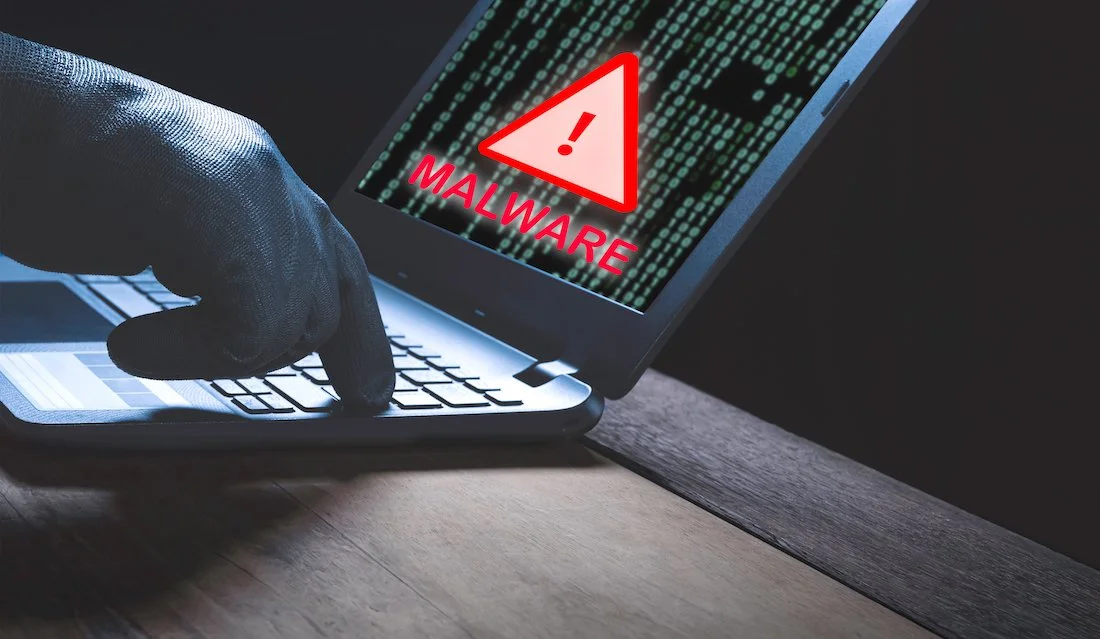The Importance of Cyber Security for Charities
The Importance of Cyber Security for Charities
Why Cyber Security Matters for Charities
In an increasingly digital world, cyber security for charities has never been more important. From managing donations online to storing personal beneficiary data, most charities now depend on technology to deliver their services. Unfortunately, this also makes them vulnerable to cyber threats such as phishing, ransomware, and data breaches.
Recent research shows that nearly one in three UK charities experienced a cyber attack in the past year, and small UK charities are often the most at risk. Limited budgets, outdated systems, and a lack of technical support can make them easy targets for cybercriminals.
But the good news is that even small steps can make a big difference. Understanding the risks and putting simple protections in place can help your charity stay safe and maintain the trust of your supporters.
What Are the Main Cyber Threats Facing Charities?
Cyber attacks can take many forms, but the most common threats for charities include:
Phishing emails – fake messages designed to trick staff or volunteers into revealing passwords or payment details.
Malware and ransomware – malicious software that can lock you out of your systems or demand a ransom to restore access.
Data breaches – when sensitive data, such as donor or beneficiary information, is accidentally or deliberately exposed.
Weak passwords – simple or reused passwords make it easy for attackers to access systems and accounts.
Social engineering – manipulating people rather than technology, such as pretending to be a supplier or donor to gain access.
These attacks can lead to financial loss, reputational damage, and serious disruption to your charity’s work.
How Charities Can Strengthen Their Cyber Security
Whether you’re part of a large organisation or a small UK charity with limited resources, you can take practical steps to strengthen your cyber defences:
Start with Cyber Essentials
The government-backed Cyber Essentials scheme is a great first step. It helps you identify key security risks and protect your organisation against common attacks. The five core controls include:Using secure internet connections (firewalls)
Protecting devices and data (security configuration)
Controlling who has access to your data
Using up-to-date software and security updates
Setting strong passwords and multi-factor authentication
Achieving Cyber Essentials certification demonstrates to funders and partners that your charity takes data protection seriously.
Train Your Staff and Volunteers
People are often the weakest link in cyber security. Simple training and awareness can prevent most attacks. Teach your team how to recognise suspicious emails and avoid clicking unknown links.
Looking to build skills internally? There are many ways to learn cyber security for free, such as through the National Cyber Security Centre (NCSC) or FutureLearn online courses. These free resources are ideal for charity teams without an IT background.Keep Software Updated
Regularly update your devices, software, and apps. Many attacks exploit known vulnerabilities that can be prevented simply by installing updates.Back Up Your Data
Store regular backups in a secure, separate location. This means you can quickly restore information if your systems are compromised.Use Secure Passwords and Two-Factor Authentication
Encourage strong passwords and enable two-factor authentication wherever possible. Password managers can help make this process easier.
Building a Culture of Cyber Awareness
Cyber security isn’t just about technology, it’s about people and culture. When your staff and volunteers understand the importance of online safety, they become your first line of defence.
Start by creating simple policies and running short awareness sessions. Keep communication open so your team feels confident reporting anything suspicious.
Remember: cyber security for charities doesn’t have to be complicated or expensive. It’s about being proactive, not reactive.
Getting Started: A Simple Next Step
If your charity hasn’t yet reviewed its cyber protection, now’s the perfect time to start. Taking just a few key actions, like password updates, regular backups, and staff training, can drastically reduce your risk.
CLEA works with small UK charities to improve their digital resilience through IT support, Cyber Essentials guidance, and practical training that fits your budget and skill level.





